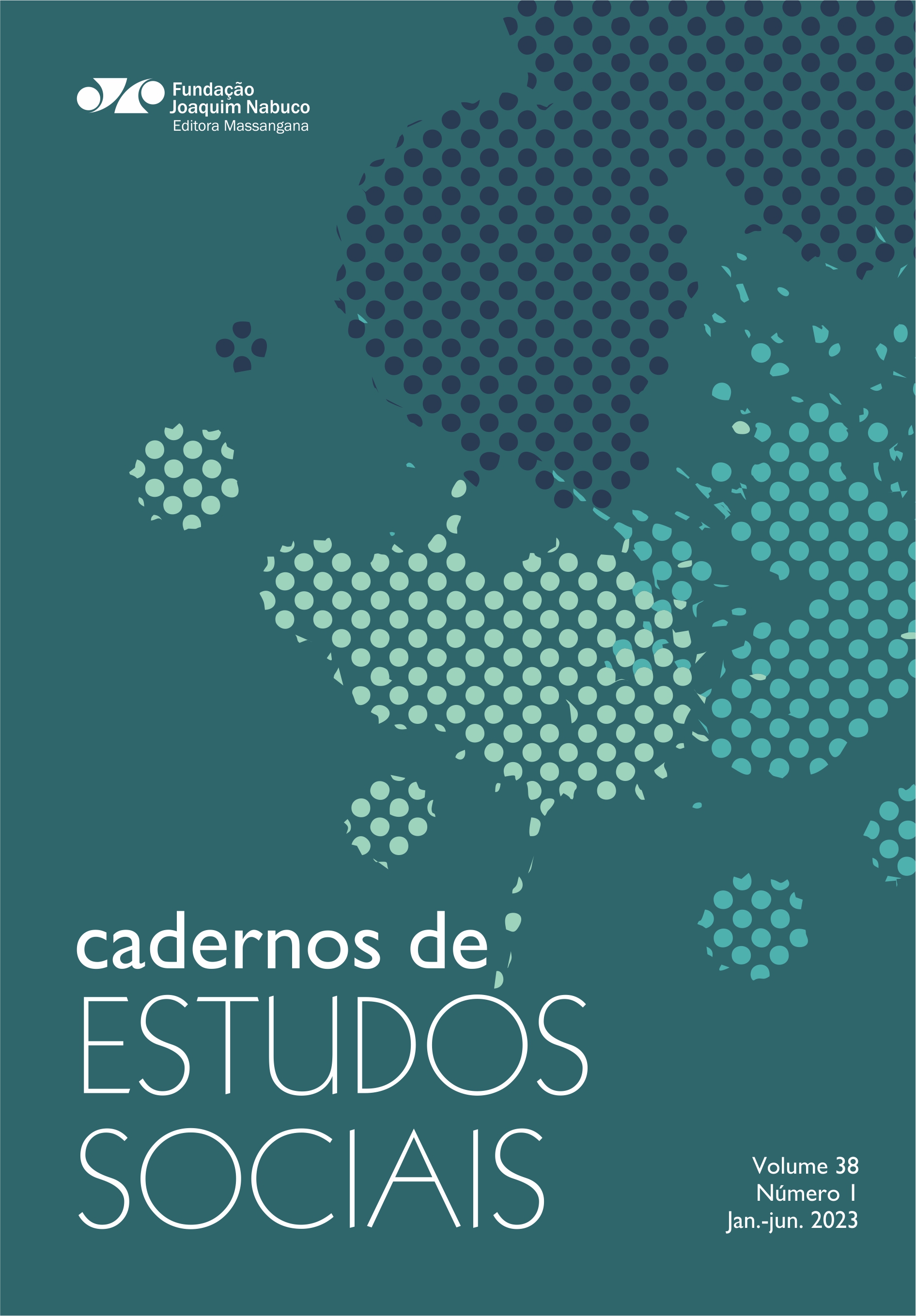PASTORAL POWER IN THE SECOND REIGN
RELIGION, POLITICS AND PEOPLE'S GUARDIANSHIP IN THE PROVINCES OF THE FORMER NORTH
DOI:
https://doi.org/10.33148/CES(2158)Abstract
This Research discusses the discursive construction of the people during the period known as the Second Empire. From the perspective of Discourse Theory in dialogue with notes from Foucauldian and psychoanalytic discourse analysis, the text problematizes the didactic literature of the 1860s that circulated in northern provinces as a device of pastoral power and a place of inscription for an important discursive event in the history of the concept of people in Brazil. This event marks the moment when several discursive formations formulate the theme of the guardianship of the people. A subject classified as an orderly, peaceful, obedient people, resigned to their own fate and emotionally linked to the provincial vicars, described as the only legitimate shepherds and responsible for leading the flock simultaneously in the plots of tradition and progress. A people equally imagined according to the prism of character, the set of their vices and behavioral deviations; as an expression, therefore, of a moral singularity.
KEYWORDS: Pastoral power. Education. Literature. Concept of people.
Downloads
Downloads
Published
How to Cite
Issue
Section
License
Copyright (c) 2023 Autor, concedendo à revista o direito de primeira publicação

This work is licensed under a Creative Commons Attribution 4.0 International License.
Autores que publicam nesta revista concordam com os seguintes termos:
- Autores mantém e retém os direitos autorais. Os mesmos concedem à revista o direito de primeira publicação, com o trabalho simultaneamente licenciado sob a Licença Creative Commons Attribution que permite o compartilhamento do trabalho com reconhecimento da autoria e publicação inicial nesta revista.
- Autores têm autorização para assumir contratos adicionais separadamente, para distribuição não-exclusiva da versão do trabalho publicada nesta revista (ex.: publicar em repositório institucional ou como capítulo de livro), com reconhecimento de autoria e publicação inicial nesta revista.


